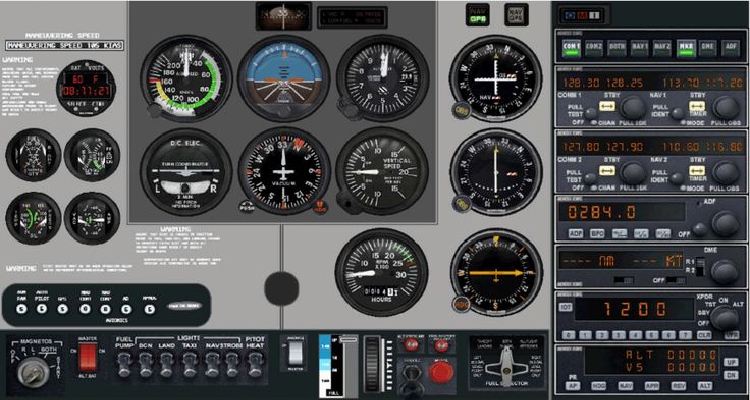
If you're a pilot looking to take your skills to the next level, earning an Instrument Rating (IR) should be high on your list of priorities. An IR allows pilots to navigate through adverse weather conditions using only their instruments, expanding the range of conditions under which they can safely fly. This article dives into the significance of an Instrument Rating, its benefits, and how you can obtain one.
What Is an Instrument Rating?
An Instrument Rating is an add-on to your existing pilot licence that certifies you to fly under Instrument Flight Rules (IFR), as opposed to just Visual Flight Rules (VFR). This enables you to operate an aircraft in lower visibility conditions, such as fog, rain, or clouds, and ensures you are competent in navigation using instruments alone.
Why You Need It
1. Increased Safety
Learning to fly under IFR conditions substantially enhances your safety. It trains you to rely on your instruments and procedures, reducing the risks associated with poor visibility.
2. Enhanced Flexibility
With an Instrument Rating, you’re no longer confined to VFR conditions. This means you can fly at night or in poor weather, giving you more flexibility in your travel plans.
3. Advanced Career Opportunities
If you aspire to become a commercial or airline transport pilot, an Instrument Rating is often a mandatory requirement. It significantly boosts your employability.
How to Get an Instrument Rating
1. Meet Eligibility Requirements
You must have a valid pilot licence and meet the minimum experience requirements set by your country's aviation authority.
2. Pass the Written Exam
Before the practical training, you will need to pass a written exam that tests your knowledge of instrument flight procedures, air law, and more.
3. Complete Training Hours
The next step is completing the requisite instrument training hours, usually under the guidance of a certified flight instructor.
4. Pass the Checkride
The final stage involves a checkride, consisting of an oral exam and a flight test, where you will demonstrate your proficiency in instrument flying.
Frequently Asked Questions
Is an Instrument Rating required for all pilots?
No, but it is highly recommended for those who wish to fly in varied weather conditions or aim for a career in aviation.
How long does it take to get an Instrument Rating?
The time varies depending on your training schedule, but you can expect it to take several months of dedicated study and flight time.
What is the average cost of obtaining an Instrument Rating?
The cost can vary based on location and training institution, but expect to invest a significant amount in both time and financial resources.
Conclusion
An Instrument Rating is a significant milestone for any pilot, from hobbyists to career pilots. Not only does it enhance your safety and flexibility, but it also opens doors to advanced flying opportunities. So, if you're committed to evolving as a pilot, start preparing for your Instrument Rating today.
